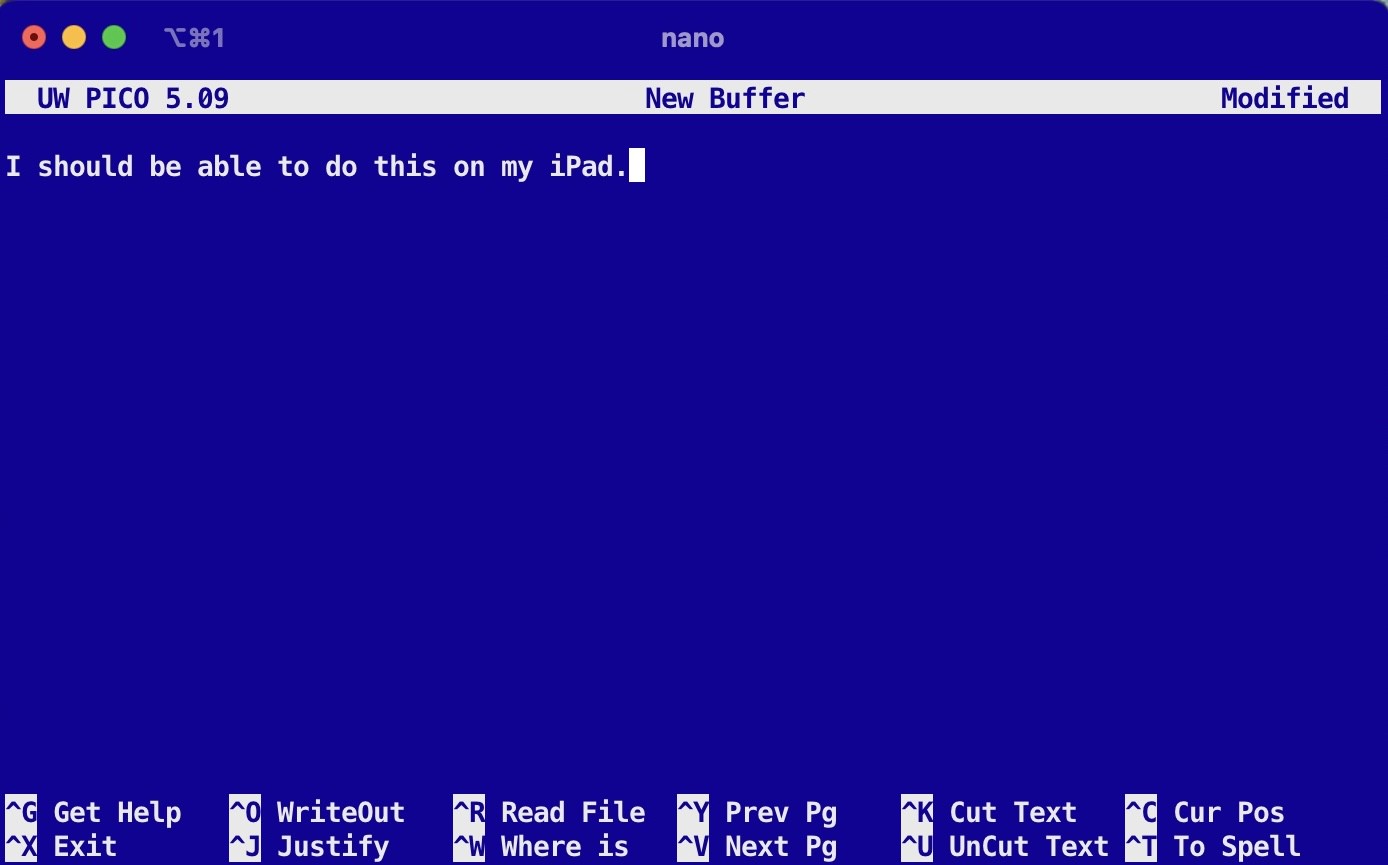

There is a risk Google could tamper with the app for specific users if they’re installing it from Google Play. I think it’s likely security researchers would discover that if it was widespread, but there’s a chance Google could do it undetected if they targeted it selectively enough.
People who are concerned about this can download the APK directly from Signal and check its signature before installation.




I’ve used several iterations of Gnome, several iterations of KDE, Mate, Cinnamon, Hyprland, XFCE, LXDE, Fluxbox, and several other things I can’t be bothered to remember. I can be productive on any of them given some time to set them up.
I do have preferences though, and I like KDE on a laptop/desktop and Gnome on a tablet. I just wish Gnome would do something about its horrid onscreen keyboard.